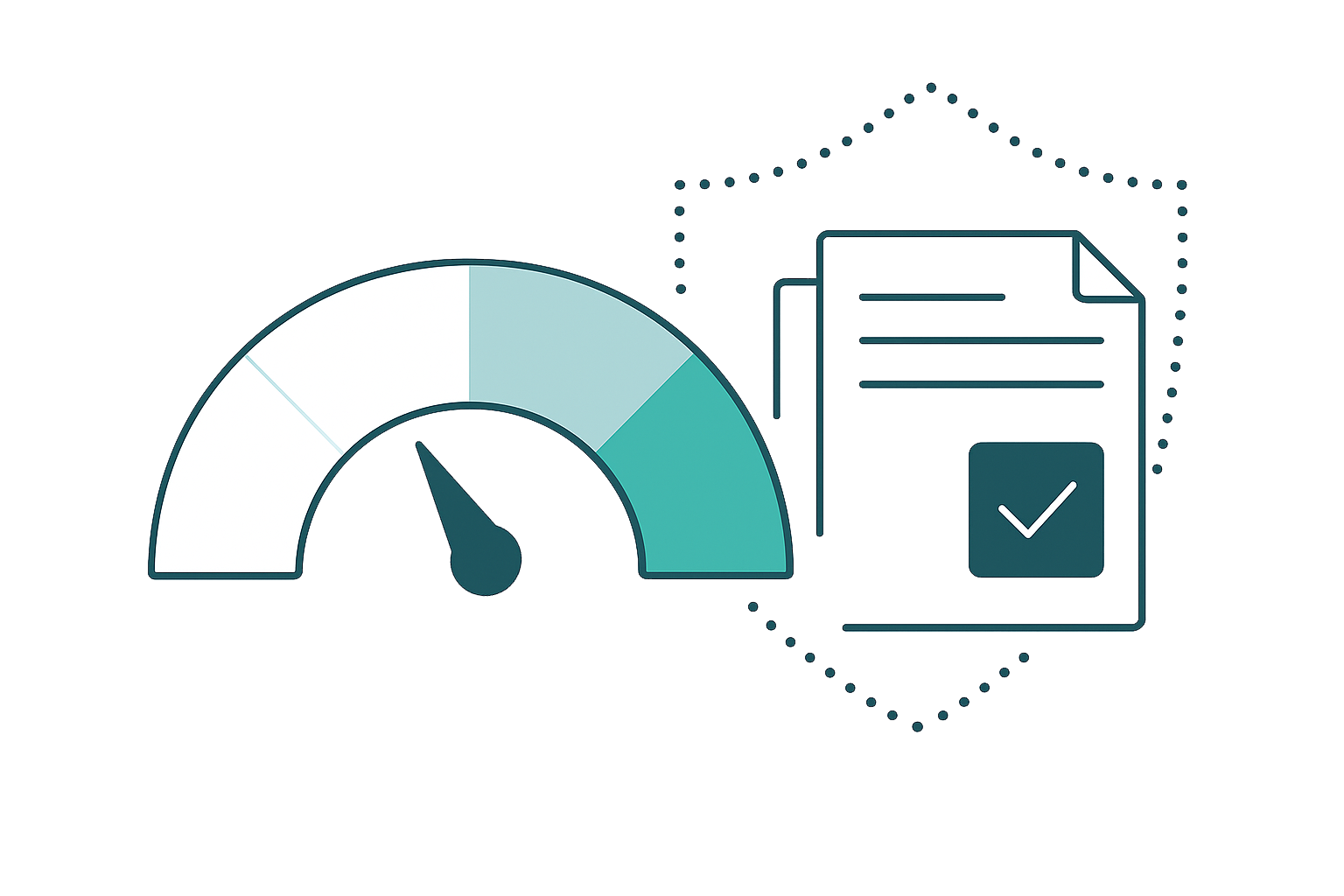Understanding Casual Employment and Personal Loans in Australia
- Personal Finance
- 03 Mins read

Understanding Casual Employment and Personal Loans in Australia
If you’re a casual worker in Australia, you might be wondering how your employment type affects your ability to get a personal loan. The answer is: it can be more challenging, but it’s not impossible. In this guide, I’ll explain what casual employment means, how it impacts loan eligibility, and share tips to improve your chances of approval.
What Is Casual Employment?
Casual employment is a form of work where your hours can vary, and you typically don’t have a firm commitment for ongoing work. Think of casual workers as on-call staff — you’re paid hourly, and your hours can change week to week.
Key features of casual employment:
- No guaranteed hours or ongoing contract
- Typically paid higher hourly rates to compensate for job insecurity
- Often lacks benefits like paid leave or sick days
Many Australians work casually, especially in retail, hospitality, and seasonal industries. While flexible, casual jobs also come with some financial uncertainties.
Why Does Casual Employment Make Borrowing Harder?
Lenders want to see a reliable income source before approving a loan. When your employment is casual, they may see your income as less stable.
Main concerns for lenders:
- Income isn’t guaranteed from week to week
- No fixed employment contract
- No long-term commitment from your employer
This uncertainty means lenders worry about your ability to keep up with loan repayments, especially if your income fluctuates or is temporarily reduced.
How Lenders Assess Your Loan Application
Australian banks and lenders follow guidelines set by the Australian Securities and Investments Commission (ASIC) and the Reserve Bank of Australia (RBA). They look closely at your financial situation.
Common assessment factors include:
- Income stability: Is your income enough and reliable?
- Debt-to-income ratio: Can you comfortably manage loan repayments alongside your other debts?
- Employment history: How long have you been in your current role?
- Expenses and living costs
If you’re casual, lenders may want to see at least 6-12 months of consistent income, or additional proof of financial stability.
Strategies to Improve Your Loan Chances
Even if you’re casually employed, there are ways to strengthen your application.
1. Show Consistent Income
Gather bank statements or pay slips that demonstrate steady earnings over time. Lenders prefer to see at least 6 months of consistent income, preferably with minimal gaps.
2. Save a Larger Deposit
A bigger deposit reduces the amount you need to borrow. It also lowers the lender’s risk, boosting your approval chances. Typically, aiming for at least 10-20% of the property value is helpful.
3. Reduce Existing Debts
Pay down credit cards, personal loans, or other debts. Lower debt levels improve your debt-to-income ratio, making you more appealing to lenders.
4. Provide Additional Documentation
If you have other sources of income — like rental income, investment returns, or government benefits — include proof of these. They can supplement your main earnings and reassure lenders.
5. Consider a Guarantor
If you’re really struggling, a guarantor (someone willing to back your loan) can help. This person agrees to pay if you can’t, reducing lender risk.
6. Choose Lenders Open to Casual Workers
Not all lenders are equally strict. Smaller banks or credit unions might have more flexible policies. It’s worth consulting a mortgage broker who understands the market well.
Tips for Employing a Strong Application
- Keep records organized: Pay slips, bank statements, employment contracts.
- Maintain a good credit score: Pay bills on time, avoid unnecessary debts.
- Show a savings history: Having savings demonstrates financial discipline and stability.
- Be transparent: Inform your lender about your casual work situation upfront.
What About Personal Loans?
The same principles apply to personal loans. Lenders want to see your ability to repay comfortably. Casual workers face added scrutiny because of income variability.
However, some lenders offer products tailored for borrowers with irregular income, or they might require proof of steady income over a longer period — say, 12 months or more.
The Bottom Line
Being a casual employee in Australia doesn’t mean you can’t access personal loans. It just means you need to plan carefully and present a strong case.
Key Takeaways:
- Lenders prefer stable, predictable income but are willing to consider casual work with supporting documents.
- Saving a larger deposit and reducing debts improve approval odds.
- Building a good credit history and maintaining transparency helps your application.
- Working with a seasoned mortgage broker can open more options tailored for casual workers.
Final Thoughts
In my ten years as a mortgage broker, I’ve seen casual workers successfully secure loans. It’s all about demonstrating your financial stability and planning smartly for the application process.
Remember, every situation is unique. If you’re unsure about your eligibility, talk to a qualified finance professional. With patience and preparation, you can achieve your borrowing goals — regardless of your employment type.
“Financial security is not about a perfect job, but about how you manage what you have.” — Expert Insight
Good luck on your journey towards securing a personal loan in Australia!



